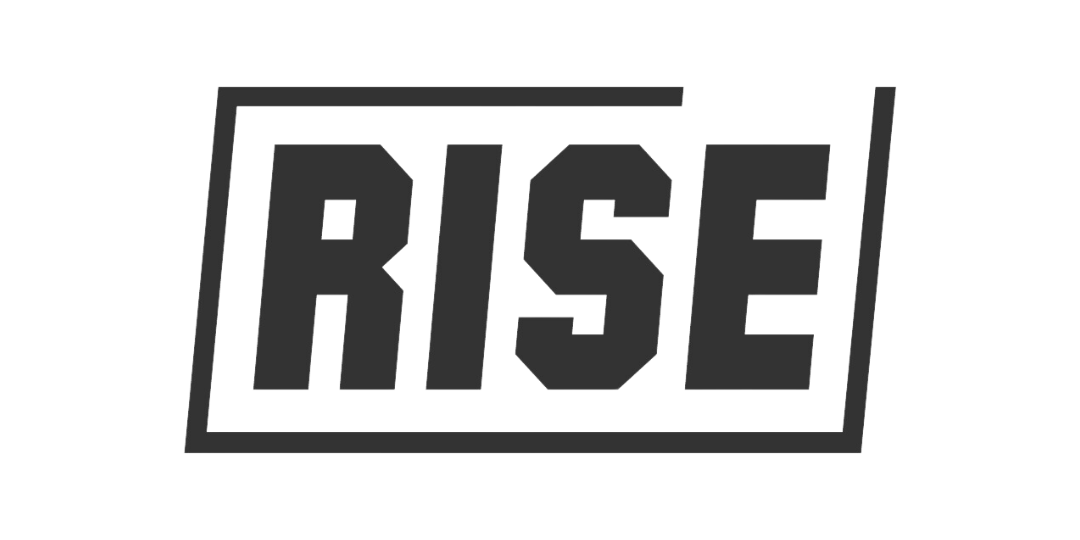When the pandemic first struck college campuses, student jobs dried up, family finances tightened, and many students struggled with food and housing insecurity, according to a 2020 survey by Chegg that found more than half of all students used an off-campus food bank and 30% visited at least once a month. But even prior to the pandemic, housing and food insecurity was a larger problem than previously understood, according to an analysis by the US Government Accountability Office. That’s because until recently, the general assumption was that students at four-year universities were supported by their parents. The reality is that the average college student is 26 years old, and more students attending college are low income, according to the GAO report. Plus, college costs continue to rise, and financial aid hasn’t kept up, which affects students of all ages. As a result, many colleges have stepped up to help fill the gap. Here’s how and where you can find this help on your campus if you need it.
What does food and housing insecurity look like?
Often, students don’t even realize they fit the profile of food or housing insecure, and campuses don’t always define it well, says Stacy Raphael, Case Management Director of Rise, a student-led organization that advocates for college access. Food insecurity can look like skipping meals to make money last, only eating pasta because fresh vegetables cost too much, or feeling anxious about affording food. Housing insecurity includes struggling to pay rent, inconsistent housing (aka couch surfing), or low-quality/unsafe housing, according to a 2019 report on basic needs by The Hope Center for Community, College, and Justice.
Students struggling with basic needs are typically more stressed, depressed, and less likely to succeed academically, according to The Hope Center. But even if students know they need help, the stigma for seeking it remains a barrier. College experts want students to think of basic needs help like they do academic advising or career counseling—as a resource strategy to get through college. Asking for help “is a sign of self-awareness and self-advocacy, and students should celebrate that they’re willing to seek out support for themselves,” Raphael says.
The full article is available on CollegeXpress.com. Please click here to read.

